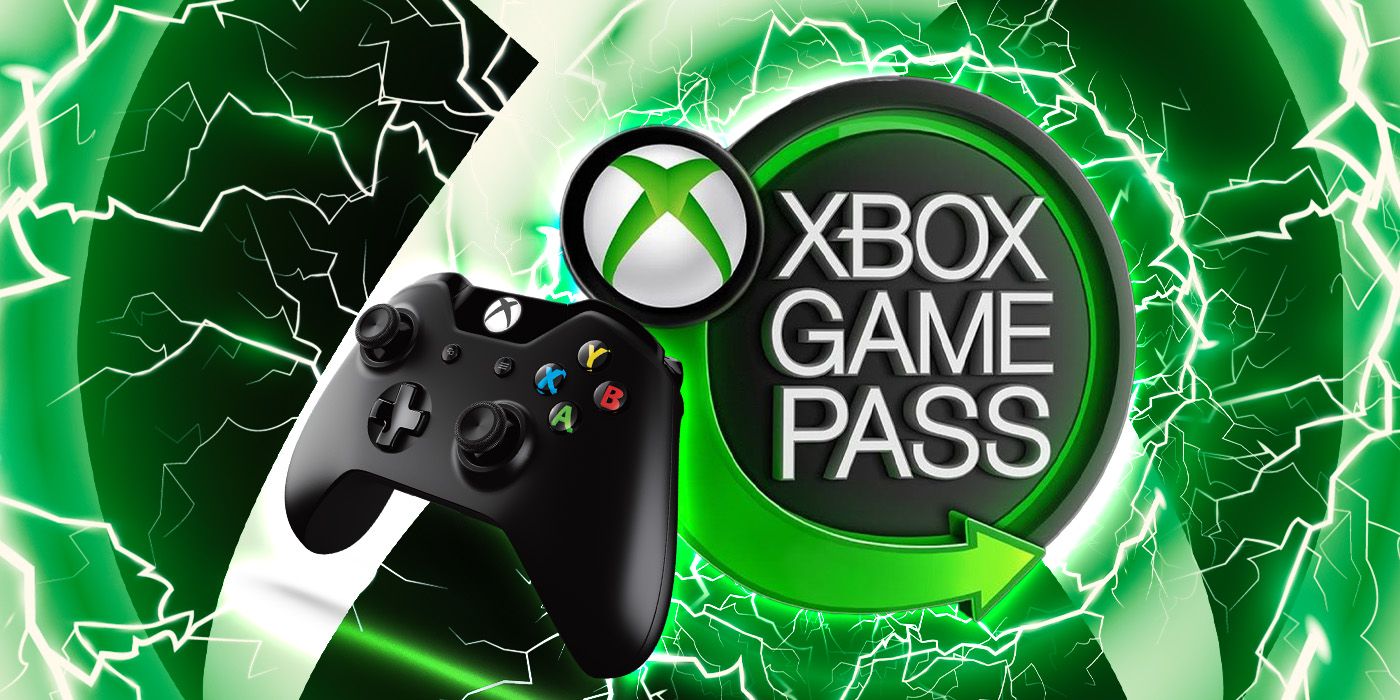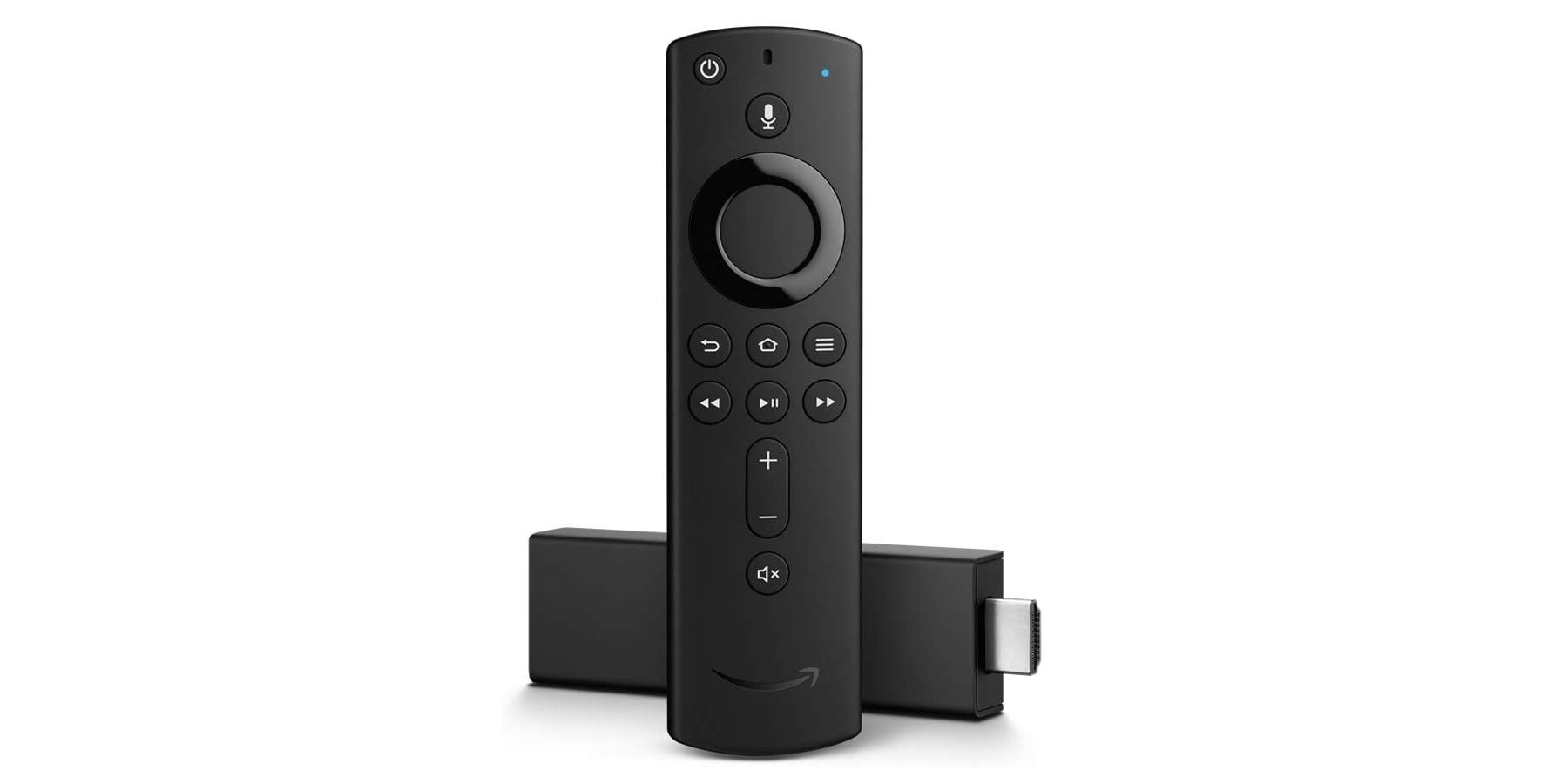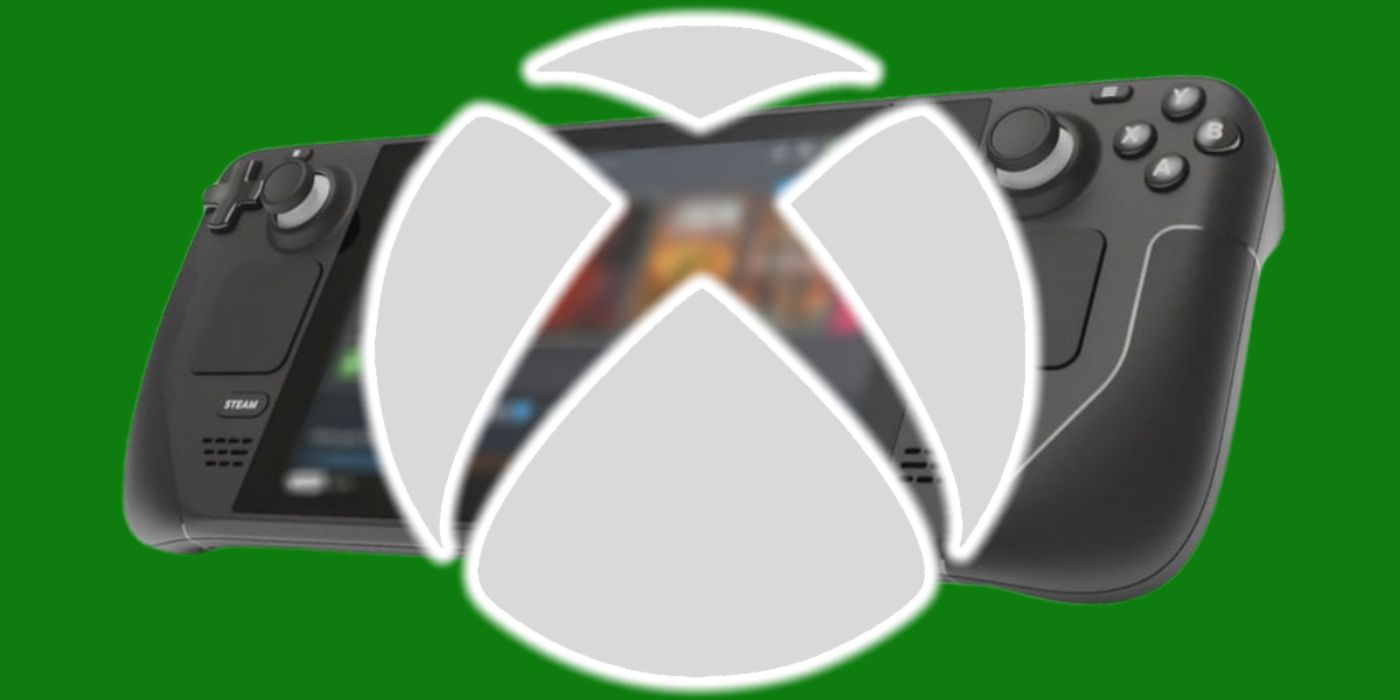
Although successful, the current Xbox Game Pass The model is hampered by dependence on console sales, a conclusion supported by weak success in the hardware market compared to PlayStation. Although Microsoft has invested heavily in games in recent years, studio closures and disappointing market position are not beneficial to anyone. However, if the console strategy changed to a platform available on multiple devices, the costs could go towards servers and studio maintenance. A move to a purely digital, cloud-based Game Pass would have considerable advantages for both Microsoft itself and Xbox users.
A video game streaming landscape dominated by Game Pass may still seem like an unlikely or undesirable future, but there are many reasons for that. This path forward may have its own benefits. PlayStation's recent addition of cloud streaming already shows that Xbox's most direct competitor is catching up in this important market. If Microsoft doesn't hurry up, Xbox could miss a huge opportunity to dominate gaming's next frontier.
Consoles are not the winning strategy
It's time for a new approach
Xbox's console-centric strategy is a losing battle against Sony, mainly due to insufficient console sales to justify the significant investment. The cost of manufacturing and selling consoles, combined with increasingly competitive prices, severely impacts profitability. Talking to The Wall Street Journal in 2022, Xbox boss Phil Spencer said the company lost between $100 and $200 selling each consoleand while those numbers may no longer be true, the money certainly isn't in moving hardware.
The real profit is in game sales, where Game Pass could help Xbox overtake PlayStation. The focus on hardware requires substantial market share to achieve profitability, a position the Xbox does not currently hold. However, Microsoft is putting Game Pass on more and more devices. If enough devices have Game Pass, Microsoft could profit based purely on this convenience. If a buyer had to choose between buying a $600 console or downloading an app and paying a $20 subscription fee for the same service (thanks to digital-only games), they might not choose the more expensive option upfront.
If Microsoft took the money spent on making consoles and put it into servers, delay and latency issues can be greatly minimized. Game streaming could become as simple as streaming music, potentially establishing itself as the best way to play games. Xbox's focus on Game Pass as a strategy makes sense when viewed in a long-term approach, and further developing cloud streaming could provide better options for everyone.
The future is the cloud
The inevitable shift to all-digital gaming
The future of gaming is undeniably digital, a shift driven by technological advances and evolving consumer preferences. GamesIndustry.biz reported that 99% of PC games were purchased digitally in 2023, while 83% of all console game sales were digital. While the attachment to physical media persists, the overwhelming evidence points to the inevitable dominance of all-digital games.
Manufacturing and distributing physical copies has significant costs, eating profits that could be reinvested in server infrastructuregame development and expansion of online resources. A digital-only model, such as Netflix for gaming, would dramatically increase profitability by eliminating production and distribution overhead. Cloud-based gaming would offer instant access, automatic updates, and the ability to carry a vast library of games on a single device. While there are concerns regarding game preservation, server dependency, and potential price increases, physical games present their own potential challenges such as broken discs, scratches, and loss.
In the interest of a cloud-based future, Xbox must establish a robust digital archiving systemensuring that games remain playable even if they are removed from online stores. The company has already started allowing players to access its paid games through streaming. The future of phasing out physical copies seems closer than ever, continuing the inevitable march of changing media formats as technology develops.
Expanding the reach of Xbox Game Pass with Amazon and Roku
There is more than one way to play
Microsoft set to aggressively expand Xbox Game Pass reach on Amazon and Roku platforms to capitalize on the growing streaming market and explore new user bases. The newest Amazon Fire Stick can now use Game Pass, but it should be standard on Fire TVs and Roku. Microsoft must prioritize games on these platforms, ensuring that both Xbox Game Pass Ultimate and individual game purchases are readily available.
This push for other services includes cloud-based gaming and the ability to download select titles directly to devices, which will make gaming on those devices even easier. Microsoft also needs to ensure that navigation is done well on these platforms. Application design must be optimized for specific functionalities of Fire TV and Roku devices. Therefore, good streaming performance and solving possible latency problems are crucial to user satisfaction.
Finally, Game Pass could offer exclusive deals or partnerships with Amazon and Roku in addition to just putting the app on the services. Paying for Amazon Prime just to get Game Pass for a few months, for example, can bring in new users. Successful use of these strategies could solidify Xbox Game Pass as the leading cloud gaming servicesurpassing competitors and even obtaining a substantial share of the streaming market.
Anti-digital propaganda didn't work on PC, why on consoles?
Progress will not be stopped so easily
The transition from the PC market to the digital one was gradual, but the almost exclusively digital market that emerged made its advantages clear. However, consoles have a few things that hold them back. The open architecture of the PC meant that users were accustomed to downloading and installing software, making the switch to digital gaming less shocking than it is for console gamers accustomed to physical media. Second, the PC's diverse software ecosystem already had robust digital marketplaces like Steam well established before widespread anti-digital sentiment began. These platforms offered convenience, automatic updates, and community features, which Game Pass also needs.
Although digital-only consoles have become commonplace, there is still significant resistance. There are many reasons to keep games physical, but Markets such as music have already demonstrated that the advantages of physical media can be overcome by streaming. Although music streaming initially had some problems, it has proven to be convenient and effective for the average listener. Music listeners have vast libraries for free or for a small subscription cost, typically around the cost of a single CD per month, and audiophiles have more access to music than ever with premium format options that feature minimal compression.
Looking at the current state of the industry, a digital only the future seems inevitable. Right now, Microsoft has the opportunity to get ahead and surpass Sony, starting the next round early and establishing itself with Xbox Game Pass before Sony gets the chance. In the future, the idea that playing a new game could depend on a $70 purchase may seem like an antiquated concept, and the change could bring significant benefits for everyone.
Sources: The Wall Street Journal, GamesIndustry.biz


